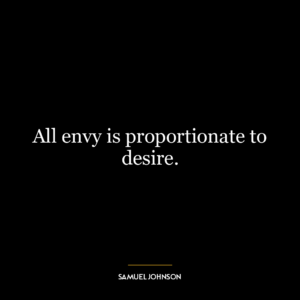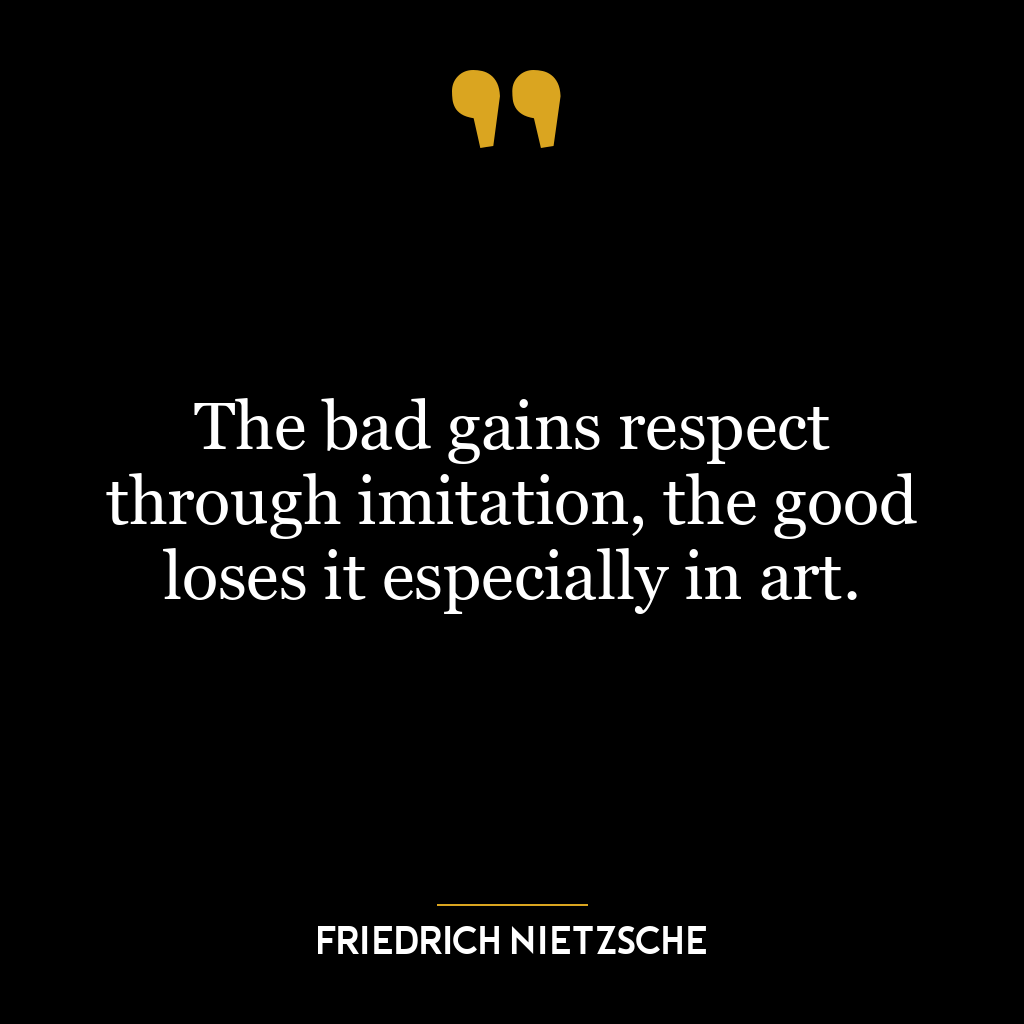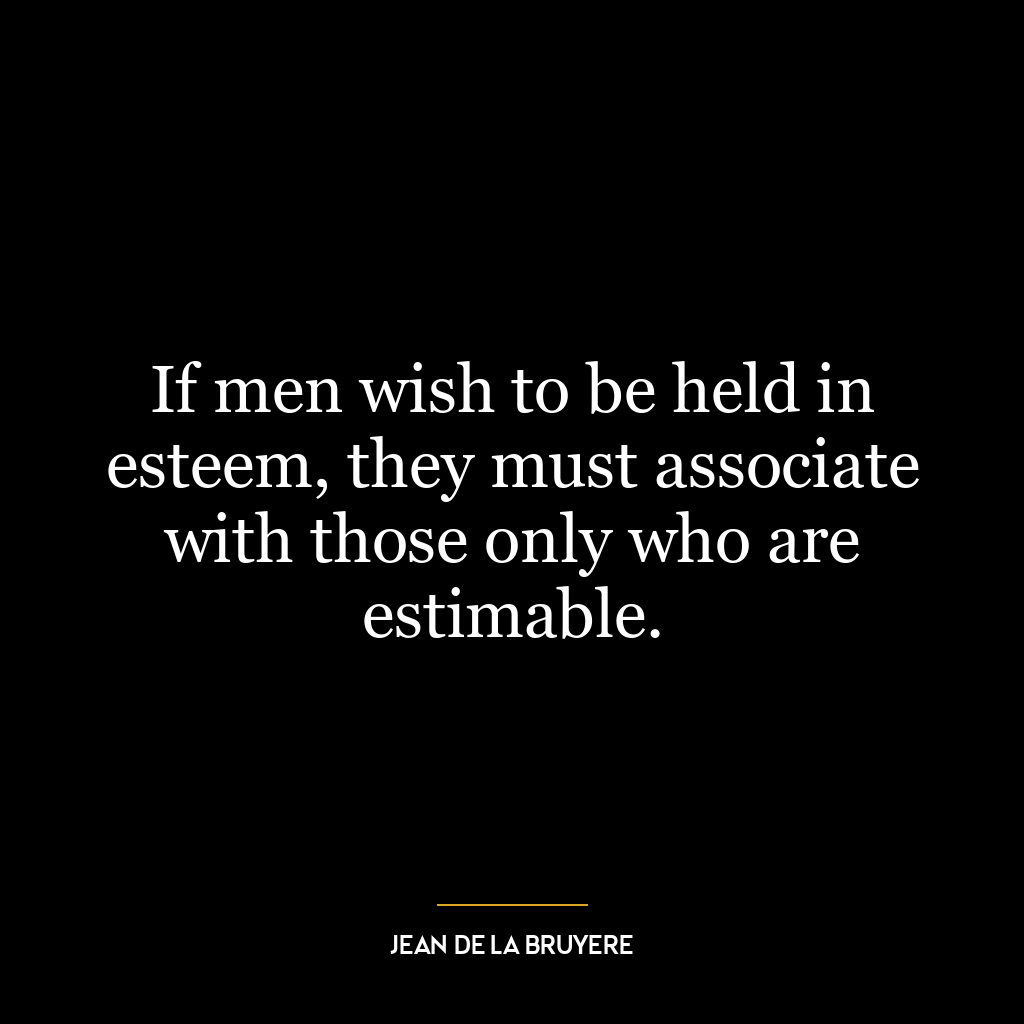This quote suggests that fine clothing is only beneficial insofar as it helps to garner respect that might not otherwise be received. Essentially, it implies that the true value of fancy attire lies not in the clothes themselves, but in their ability to compensate for a lack of other means to earn respect.
The quote reflects on how society often judges individuals based on their external appearance rather than their internal qualities or achievements. It’s a commentary on societal norms and values, emphasizing how superficial aspects can sometimes overshadow substantial ones.
In today’s world, this idea is still very applicable. Many people invest time and money into fashion and personal image with the aim of gaining social approval or professional success. This could be seen in job interviews where candidates are often advised to dress smartly because first impressions matter. The same principle applies within social settings where one’s appearance can greatly influence others’ perceptions.
However, the quote also serves as a cautionary reminder about relying too heavily on external adornments for validation or esteem. While dressing well may help create positive impressions, it cannot replace genuine qualities such as integrity, intelligence or kindness which are fundamental for earning long-lasting respect.
In terms of personal development, this idea encourages us to focus more on cultivating our inner virtues rather than solely enhancing our outward appearance. It reminds us that while fine clothes may provide an immediate boost in confidence or status, they are not a sustainable source of self-worth or respect from others.
Ultimately though, it’s about balance – presenting oneself well externally while also nurturing one’s inner qualities; using fine clothes as an accessory to compliment who we truly are inside rather than letting them define us entirely.















